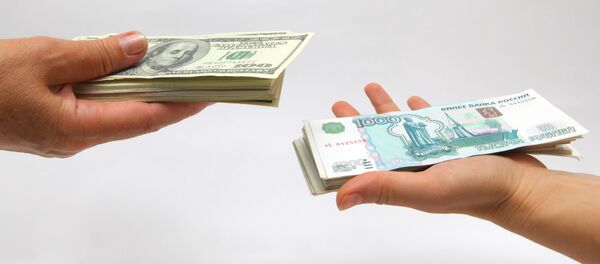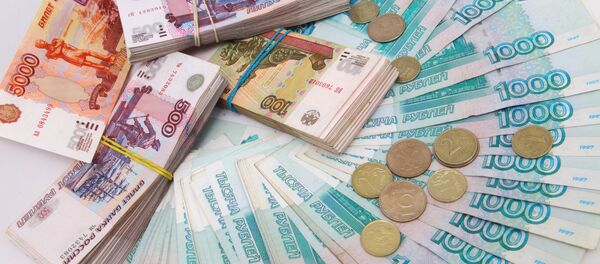Boris Abramov said opportunistic currency trading was typical of short-term forex schemes, suggesting that large-scale enterprises were above such practices.
"Serious companies don't hunt for this kind of bargains," he said. "Indeed, business will count in the ruble exchange rate, trends and expectations, but it is still more into long-term perspectives, rather than [ruble's] fluctuations," Abramov added.
On the contrary, small and medium-scale enterprises (SME) are more likely to capitalize on the ruble's slide, the Russian trade representative said.
The United Kingdom has a vast and very lively ecosystem of SMEs that can "react swiftly to this kind of changes in the economic environment," Abramov said. SMEs are the backbone of the British economy and have a 90-percent share in the country's market.
British-based tourist companies were among the first to take advantage of the ruble depreciation, inviting Britons to go to Russia for bargain shopping. UK tourists could save thousands of pounds on the world’s leading brands before the prices rose again in the run-up to the New Year shopping frenzy.



